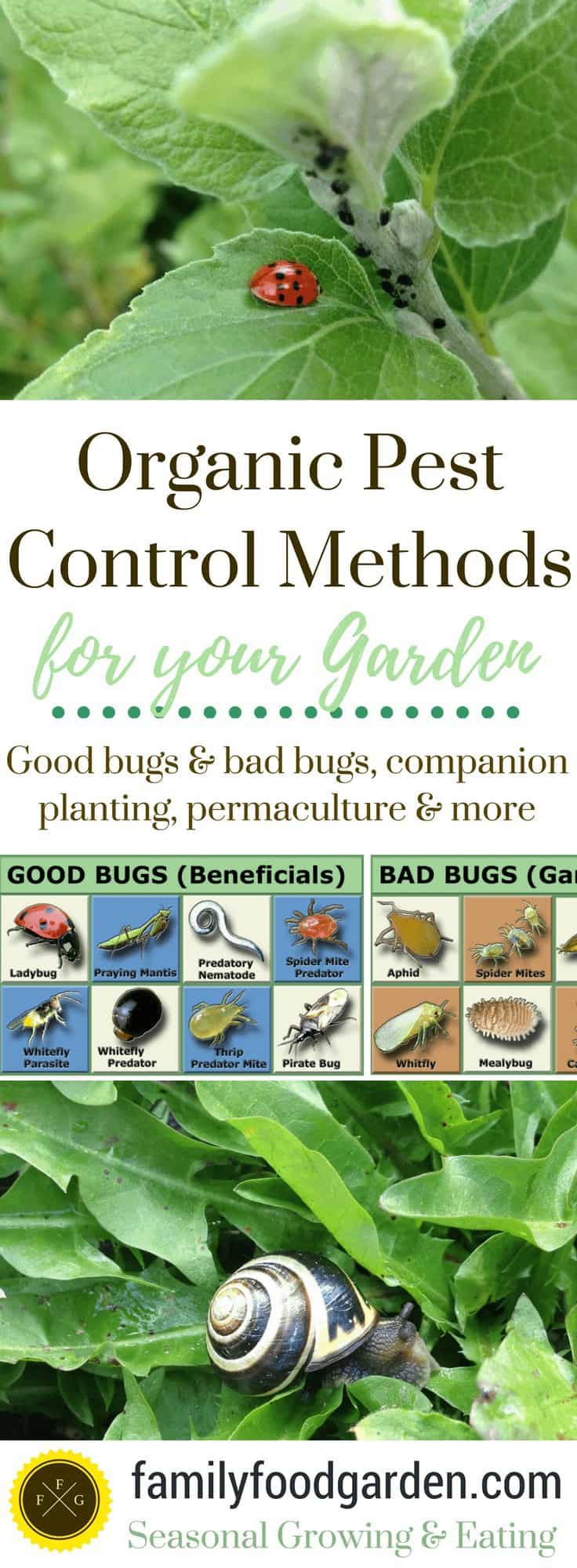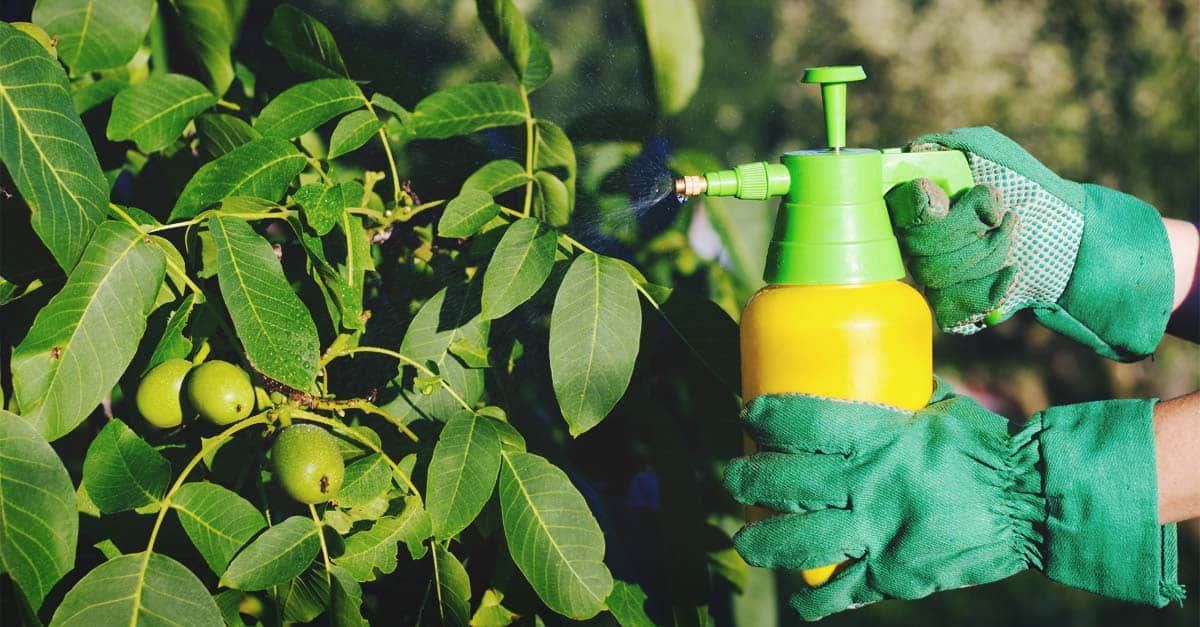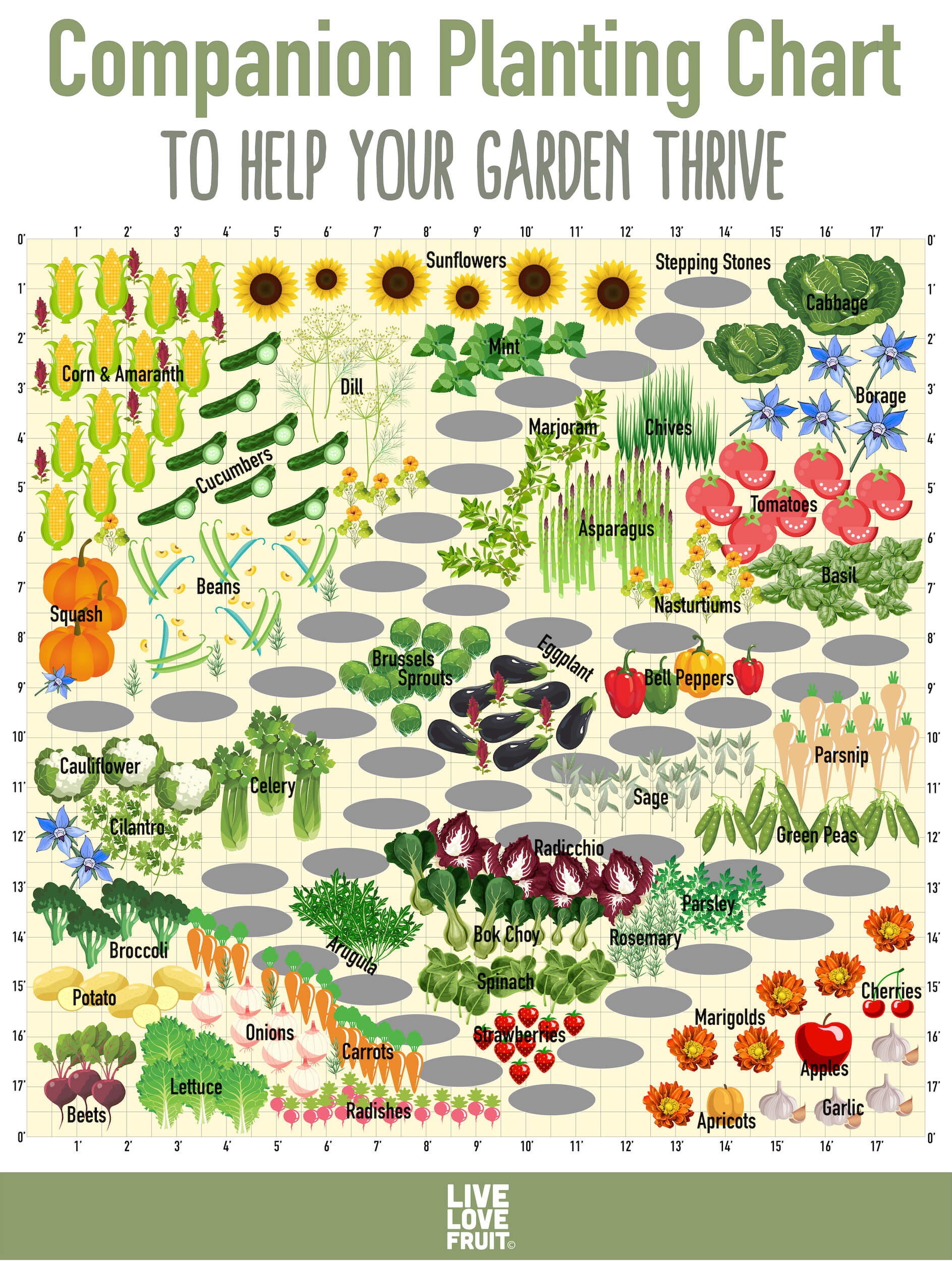How to Control Pests in Organic Gardens: A Comprehensive Guide

Imagine this: You've spent countless hours nurturing your organic garden, and it's finally thriving. Then, one day, you notice tiny invaders munching on your prized plants. Before you reach for the chemical spray, pause. There's a better way to protect your green sanctuary—organically. Let's dive into the world of organic pest control and discover how you can maintain a healthy, pest-free garden without harming the environment.
Understanding Integrated Pest Management (IPM)
Integrated Pest Management (IPM) is your secret weapon against pests. It's a holistic approach that combines various techniques to prevent and control pests while minimizing environmental impact. Think of IPM as your garden's personal security system, designed to keep intruders at bay.
Prevention: The First Line of Defense
Prevention is the cornerstone of IPM. By creating an inhospitable environment for pests, you can avoid infestations altogether. Start by keeping your garden clean. Remove dead leaves, weeds, and debris where pests like to hide. Regularly inspect your plants for signs of pests, and quarantine any new plants before introducing them to your garden.
Organic Pesticides: Nature's Arsenal
When prevention isn't enough, organic pesticides can help. Derived from natural sources like plants, minerals, and bacteria, these eco-friendly alternatives are less harmful to beneficial insects and the environment.
Neem Oil: The Swiss Army Knife of Organic Pesticides
Neem oil, extracted from the seeds of the neem tree, is a potent organic pesticide. It disrupts the life cycle of insects, preventing them from reproducing. Neem oil is effective against a wide range of pests, from aphids to whiteflies. To use, mix with water and a small amount of dish soap, then spray onto affected plants.
Diatomaceous Earth: Death by a Thousand Cuts
Diatomaceous earth (DE) is a fine powder made from the fossilized remains of tiny aquatic organisms called diatoms. To insects, DE is like a field of tiny, sharp shards that cut through their exoskeletons, causing them to dehydrate and die. Sprinkle DE around your plants to control crawling insects like ants, slugs, and beetles.
Companion Planting: Friends with Benefits
Companion planting is the art of pairing plants that benefit each other. Some plants naturally repel pests, while others attract beneficial insects. By strategically placing these plants in your garden, you can create a natural pest control system.
Marigolds: Nature's Pest Repellent
Marigolds contain a substance called thiopene, which helps repel nematodes (microscopic worms) and other pests. Plant marigolds around your garden to create a protective barrier. Plus, they add a vibrant pop of color!
Herbs: The Scent of Protection
Herbs like mint, rosemary, and basil have strong aromas that many pests find offensive. Plant these herbs among your vegetables to deter pests. For example, basil is known to repel flies and mosquitoes, while mint deters ants and rodents.
Beneficial Insects: Your Garden's Allies
Not all insects are pests. Many are beneficial, preying on the bugs that wreak havoc in your garden. By attracting these helpful critters, you can create a natural balance that keeps pest populations in check.
Ladybugs: The Aphid Assassins
Ladybugs are voracious predators, capable of consuming up to 5,000 aphids in their lifetime. Attract ladybugs to your garden by planting pollen-rich flowers like daisies, yarrow, and tansy. You can also purchase ladybugs from garden centers and release them into your garden.
Lacewings: The Green Guardians
Lacewings are delicate, green insects with lace-like wings. Their larvae, known as "aphid lions," are ferocious predators that feed on aphids, mites, and other soft-bodied insects. Attract lacewings with plants like cosmos, coreopsis, and angelica.
Crop Rotation: Keeping Pests Guessing
Crop rotation is the practice of planting different crops in different areas of your garden each year. This technique helps prevent pests and diseases from building up in the soil. Think of it as a game of musical chairs—when the music stops, the pests are left without a place to sit.
Planning Your Crop Rotation
To implement crop rotation, divide your garden into sections and group plants based on their families (e.g., brassicas, nightshades, legumes). Each year, rotate the plant families to a new section. For example, if you planted tomatoes (nightshades) in Section A this year, plant them in Section B next year.
Putting It All Together: Your Organic Pest Control Plan
Now that you're armed with an arsenal of organic pest control techniques, it's time to create a plan. Start with prevention, incorporating companion planting and crop rotation into your garden design. If pests appear, introduce beneficial insects and organic pesticides as needed. Remember, the goal is not to eliminate all pests but to maintain a healthy balance in your garden ecosystem.

Conclusion: Embracing the Organic Journey
Controlling pests in organic gardens is a journey of discovery and learning. By embracing IPM and the techniques discussed, you're not just protecting your plants—you're nurturing a thriving, balanced ecosystem. So, roll up your sleeves, get your hands dirty, and enjoy the rewards of a healthy, organic garden. Happy gardening!
FAQs
What is the best organic pesticide for aphids? Neem oil is highly effective against aphids. Mix with water and dish soap, then spray onto infested plants.
How can I attract more ladybugs to my garden? Plant pollen-rich flowers like daisies, yarrow, and tansy. You can also purchase ladybugs from garden centers and release them into your garden.
What is companion planting, and how does it help control pests? Companion planting involves pairing plants that benefit each other. Some plants naturally repel pests, while others attract beneficial insects, creating a natural pest control system.
Why is crop rotation important in organic gardening? Crop rotation helps prevent pests and diseases from building up in the soil by moving plant families to different sections of the garden each year.
What is Integrated Pest Management (IPM)? IPM is a holistic approach to pest control that combines various techniques to prevent and control pests while minimizing environmental impact. It includes practices like prevention, organic pesticides, companion planting, beneficial insects, and crop rotation.

0 Response to "How to Control Pests in Organic Gardens: A Comprehensive Guide"
Post a Comment